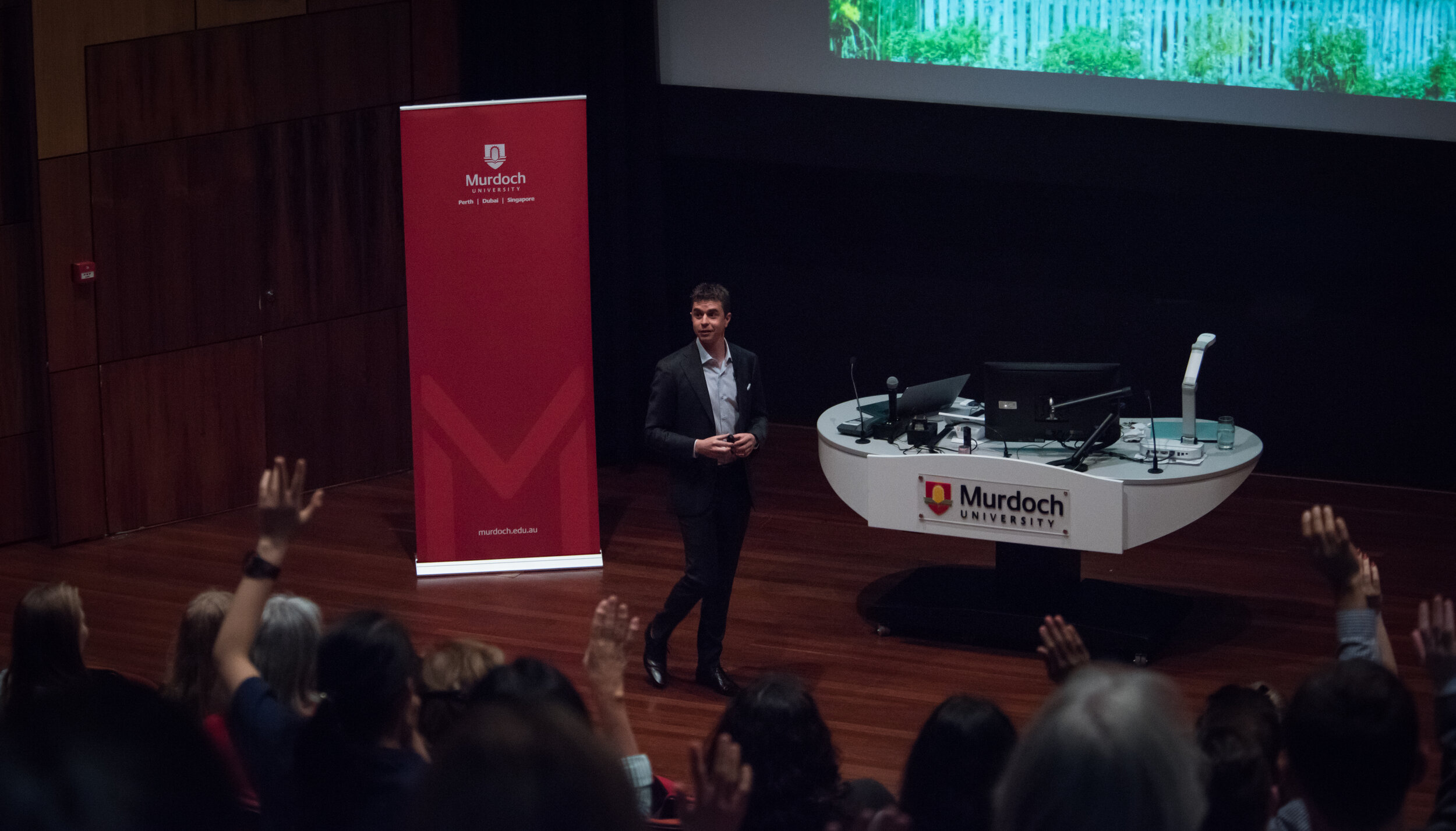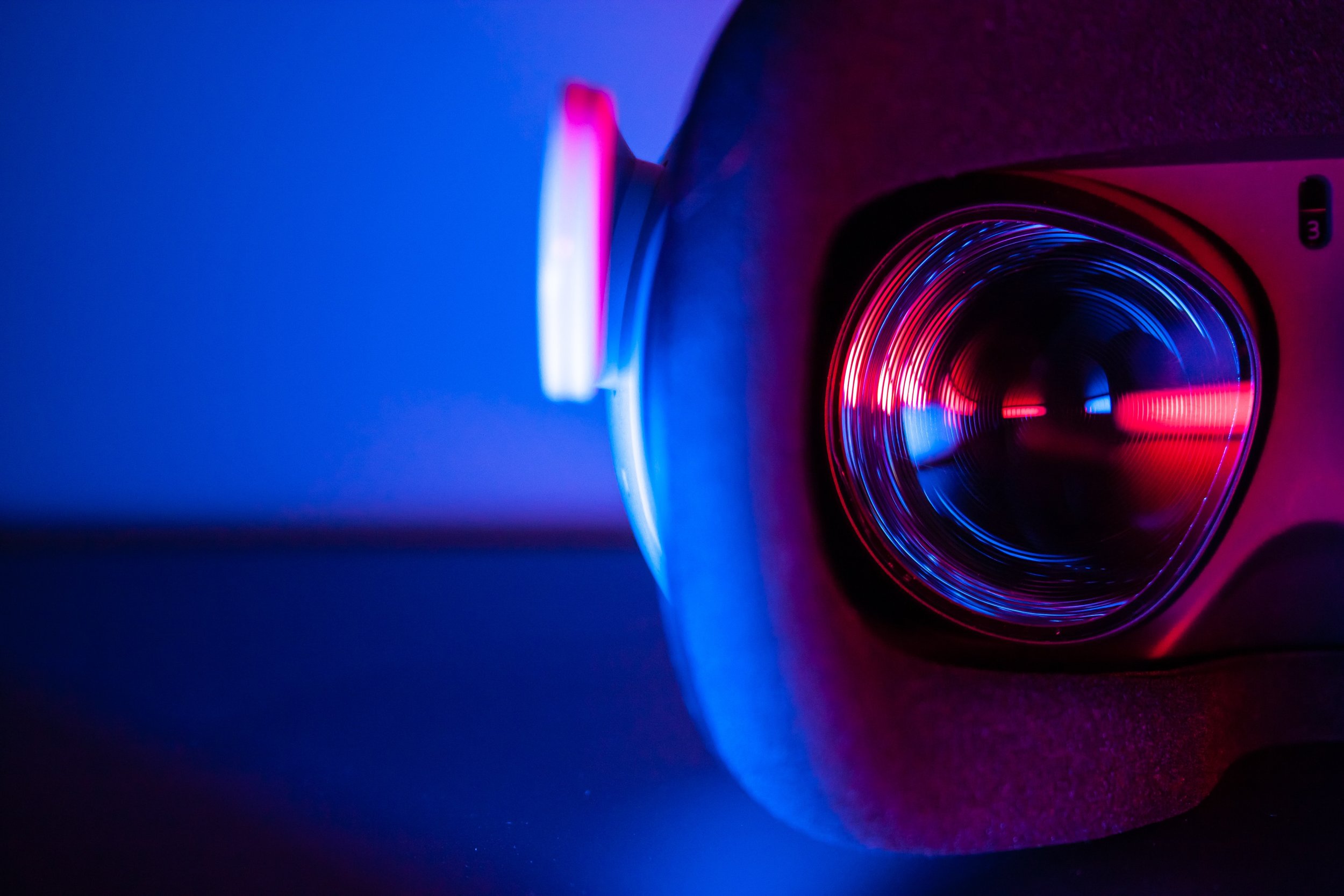
Cognitive Scientist.
Dr Matthew B Thompson is the Director of the Perceptual Expertise Advanced Research Lab (The PEARL) and Senior Lecturer in Cognition at Murdoch University. He has been investigating ways to reduce errors in decision-making processes that are critical to fields such as defense, forensics, and firefighting. His research has been conducted through fellowships at The University of California, The University of Queensland, and Harvard Medical School.
His efforts have been recognised with over $1.5 million in research funding, including an ARC Linkage grant and defence grants. In addition to his research, Matt is dedicated to promoting the practical application of his findings by providing training to organisations such as the WA Department of Fire and Emergency Services, WA Police Force, and WA Department of Health.
He is a Fulbright Scholar, Young Tall Poppy Award winner, American-Australian Association Fellow, International Three Minute Thesis Winner, Smart Futures Scholar, and Endeavour Fellow. Along with Jason Tangen, he runs one of the most popular Massive Open Online Courses in the world—The Science of Everyday Thinking.
Current Projects.
Creating Perceptual Experts in Australia's Policing and Security Agencies.
Researchers are still learning how best to develop expertise in the interpretation of pattern and impression evidence, and police agencies are under pressure to establish rigorous training practices. This project aims to turn novices into experts more quickly by directing learning toward the most important cues in the context of fingerprint identification. The findings from this project will be used by our police partners, who will then have a solid empirical basis for the design of national training programs and standards to create perceptual experts that are accurate, reliable, and continuously improving.
Using Virtual Reality to Create Novel Metrics of Expertise in Safety-Critical Decision Making.
The decision making accuracy of experts working in suboptimal environments, such as low vision, low information, and time pressure, is a significant problem. This human mental performance project will use fully immersive 360-degree virtual reality to develop a metric of visuo-spatial decision-making, analytical, and meta-decision-making expertise. This metric will afford the possibility of detecting individual differences and high performers in the general population and help select and train personnel in disciplines requiring safety-critical decision-making skills, such as submariners, air traffic controllers and power plant operators.
Cognitive Biosecurity: Assessing and Training Perceptual Expertise for Defence Biosecurity Threats.
The overseas deployment of naval vessels can transport non-native marine species to Australia, posing a biosecurity threat and increasing operational costs. The Navy relies on visual inspection of vessels above and below water to detect these threats. This task is cognitively demanding, and genuine expertise is limited. Navy Clearance Divers perform the visual inspection of vessels without domain-specific training. Critically, task proficiency is unknown, and current training is based on intuition rather than evidence. This project will use established cognitive science methods to enhance the acquisition of biosecurity expertise and develop an evidence base for developing training tools to improve Australian maritime biosecurity effectiveness.
Accelerating Expertise in Australia’s Fire and Emergency Services.
This project aims to provide input and guidance for improving The Department of Fire and Emergency Services (DFES)’s Career Fire and Rescue Service’s current training models and curriculum. The review will take an accelerated expertise approach and draw on research from The Psychology of Expertise, Educational Pedagogical Frameworks, and The Science of Learning. The goal of accelerated expertise is to achieve the same level of expertise in less training time or achieve higher levels of expertise in the same training time. This review of DFES’s training and curriculum will provide improvement of instruction material that promotes the acquisition of essential skills and the transfer of knowledge into practice.
Telling Prints Apart vs Telling Prints Together: Inter- vs Intra-print Variability in Fingerprint Analysis.
Fingerprints from the same person can appear very differently depending on factors like pressure, material on the skin surface, the curvature of the surface, elasticity and dryness of the skin, and age. Prints from different people can also vary greatly in size, pattern type, and ridge characteristics. When comparing two prints, an examiner needs to “see through the noise” by distinguishing whether the print is distorted that way because of same person information or because of different person information. This concept of distortion is complicated because it encompasses the myriad ways a print can vary. This project aims to understand to what extent distortion affects examiners’ ability to correctly identify fingerprints from the same source. This research will help us determine how different types of distortion and the degree to which a print is distorted affect examiners’ identification decisions.
Understanding and Assessing Diver Cognition, Perception, and Performance in Future Operating Environments.
Military divers face an extremely challenging operating environment. The Defence Force is concerned about the impact of technological advances on Military divers as they increasingly interact with complex technology to do their job. Divers experience major physiological challenges, such as dealing with cold stress on the body, which is detrimental to both simple and complex task performance. The perceptual challenges divers face underwater are also significant, such as degraded visual, auditory, and tactile information. Despite these challenges, divers must complete their assigned tasks and remain ready to adapt and respond to the unexpected. This research aims to help understand the cognitive and perceptual skill demands on divers under technologically advanced operating conditions and review current tools available to assess these skills in the underwater environment.





